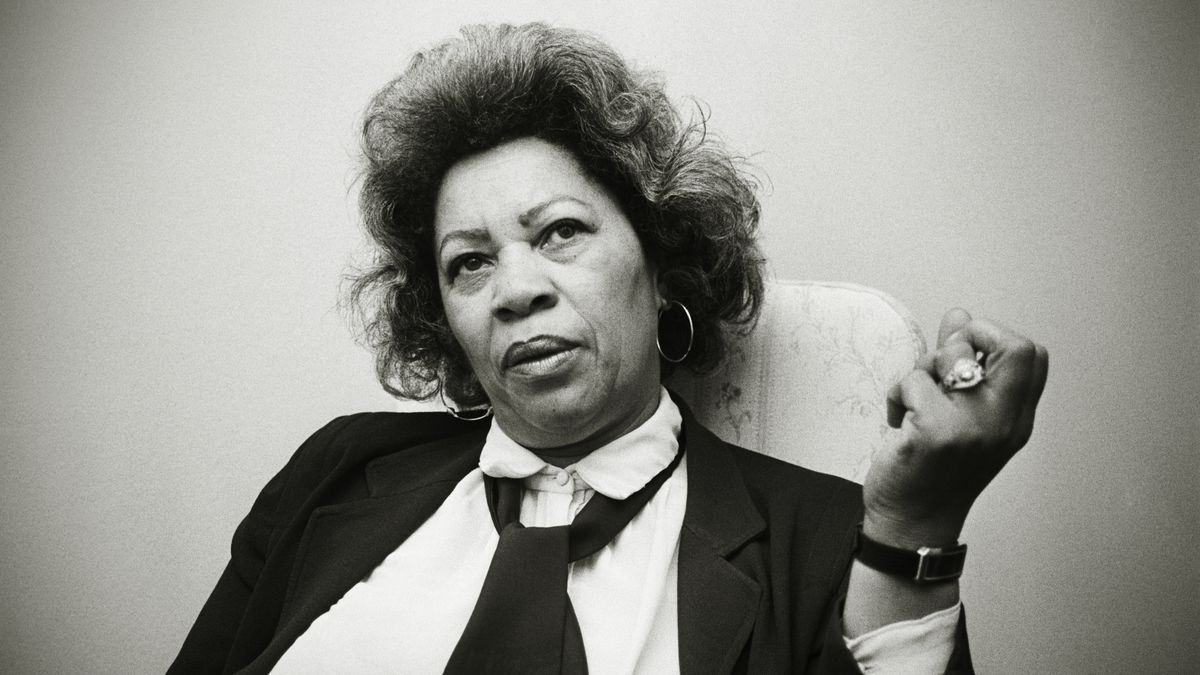This week saw the passing of Toni Morrison, acclaimed author of eleven novels, including the groundbreaking Beloved (1987) and The Bluest Eye (1970), and winner of the Nobel Prize. A literary giant and unflinching chronicler of the African American experience, Morrison redefined the canon of American and world literature. At the Paris Review website, writer Fran Lebowitz, poet Danez Smith, and novelist Pam Houston each remember formative encounters they had with Morrison and her work. Below is an excerpt from Smith’s remembrance, in which he talks about the importance of Morrison to African American writers who followed in her footsteps.
Toni Morrison is, to me, the best writer the English-speaking world has ever seen. The best novelist, one of the best essayists, one hell of an editor, and, sometimes, one of our greatest poets in the midst of her prose. By the time I came to the world, there was no question that this black woman from Ohio, writing about black people in the Midwest, was one of the greats. What does that do to a young black writer? To a generation of black writers and writers of color? By Morrison’s example, we knew we could write ourselves and our people with love, rigor, and intention. We knew that bending our writing toward the comfort of some imagined white reader was only a distraction from the good and necessary work of achieving and dreaming up our people. We knew that the best writers don’t just clear space for their own name, but transform their abundance into the wealth of many. Morrison did the thing. She lived a mighty life.
Image of Toni Morrison via Vox.
